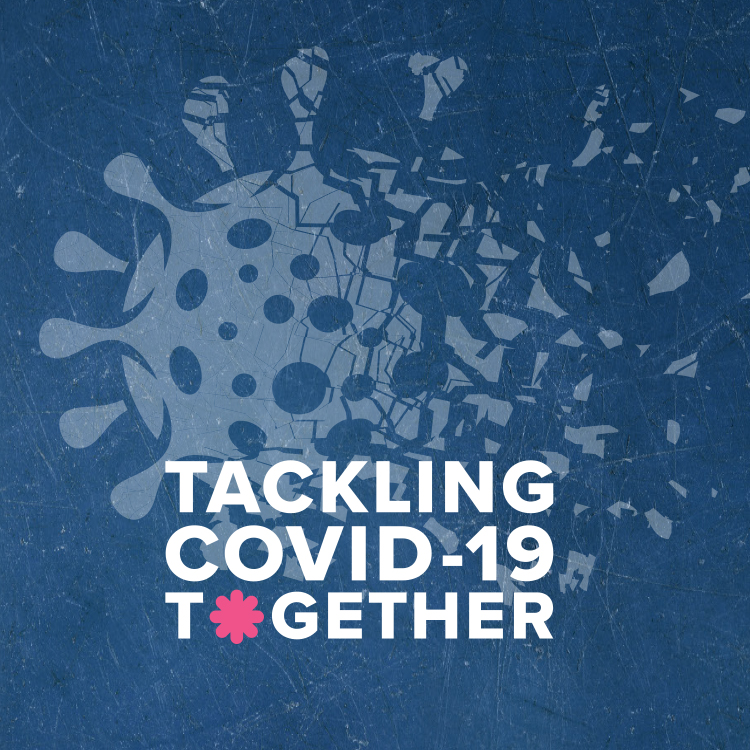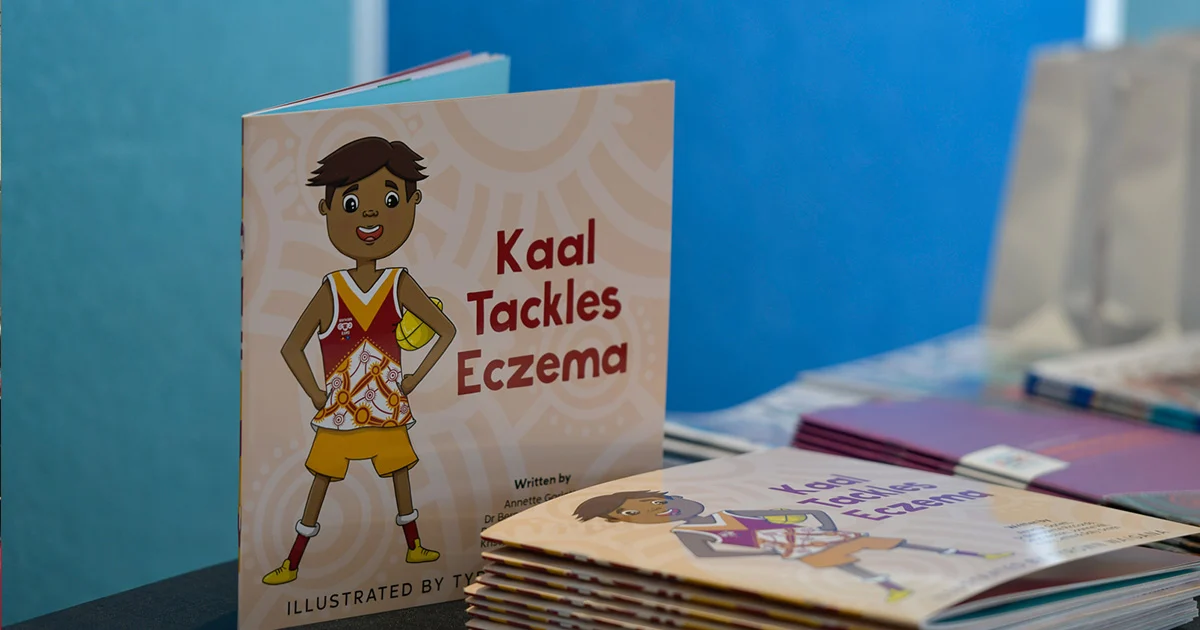Search
Research
‘Feeling like you can't do anything because you don't know where to start’—Parents' Perspectives of Barriers and Facilitators to Accessing Early Detection for Children at Risk of CPEarly detection of cerebral palsy (CP) risk is possible from 12 weeks corrected gestational age (CGA) using standardised assessments; however, up to half of children at risk are not referred early, missing out on early intervention. We investigated the barriers and facilitators to accessing early intervention from the perspective of parents of children who did not receive services by 6 months CGA.
Research
Respiratory Syncytial Virus Strain Evolution and Mutations in Western Australia in the Context of Nirsevimab ProphylaxisNirsevimab is a long-acting monoclonal antibody used to prevent respiratory syncytial virus (RSV) infection in infants and high-risk children. During the 2024 RSV season in Western Australia, 21 922 doses were administered to infants entering their first season and 1221 doses to at-risk children. In this context, the selection and spread of escape variants are a potential concern. This study aimed to investigate nirsevimab binding site mutations using clinical and wastewater data.
Research
Resilience and mental health among care leavers: Role of social inclusion, self-determination, and independent living skillsYoung people transitioning from out-of-home care (OHC) frequently experience poor mental health and resilience due to adverse childhood experiences (ACEs). However, there is limited understanding of the factors that mediate and moderate these outcomes. This is the first study to integrate linked administrative and longitudinal data to examine the mediation and moderation effects of placement stability, independent living skills (ILS), social inclusion, and self-determination when examining the association between ACEs and care status on mental health and resilience.
Research
Vitamin D and SunlightIn a sunny country such as Australia, it’s important to identify how to achieve the right amount of sun exposure for good health. We need to be able to harness the benefits of vitamin D and sunlight while remaining protected from the proven dangers of too much UV radiation.
Research
Clostridioides (Clostridium) difficile in children and adolescents in the community in CambodiaClostridioides (Clostridium) difficile transmission between community and healthcare settings has been increasingly reported. We aimed to identify the prevalence and molecular epidemiology of C. difficile colonising adolescents and non-hospitalised children in Cambodia.

Research that maps and tracks.
Research
Palliative care for people with substance use disorders: a qualitative study of the experiences of rural primary care providersIn Australia, substance use disorders disproportionately affect people living in rural and remote areas. Patients with substance use disorders who receive palliative care have complex, often unmet, end-of-life needs. There is scarce evidence on the management of patients with substance use disorders in palliative care, and there is no consensus on the model of care to assist general practitioners manage their patients. This is particularly salient for general practitioners in rural areas, who provide most of the palliative care to their patients.

In close partnership with Aboriginal Elders and community members in Western Australia's south-west, we created ‘Kaal Tackles Eczema’, a children’s book to help Aboriginal families manage eczema. Our research showed a high prevalence and need for culturally relevant resources. The book uses Noongar language and art to educate and reduce infections, and is available online and in schools.
Research
The Feasibility of Personalized Endpoints in Assessing Treatment Outcomes for Rare Diseases: A Pilot Study of Goal Attainment Scaling in SCN2A-AssociatedFor individuals living with rare neurodevelopmental disorders, particularly those who are at the most severe end of the spectrum, standardized outcome measures may lack the sensitivity to capture small but meaningful changes.
Research
The future of paediatric obstructive sleep apnoea assessment: Integrating artificial intelligence, biomarkers, and moreAssessing obstructive sleep apnoea in children involves various methodologies, including sleep studies, nocturnal oximetry, and clinical evaluations. Previous literature has extensively discussed these traditional methods.
